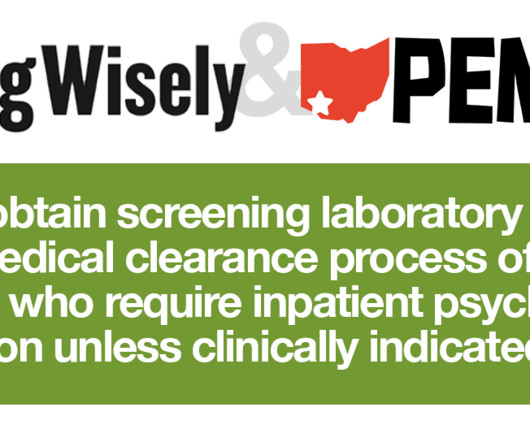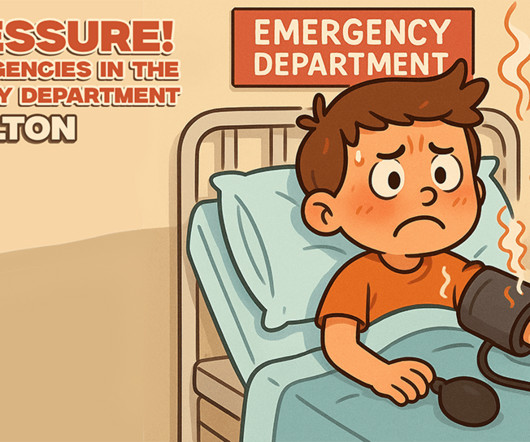Clinical Reasoning Corner: Illness Script
The Clinical Problem Solvers
FEBRUARY 27, 2022
By: Franco Murillo Reviewed by: Jack Penner Welcome back, Clinical Problem Solvers. Demonstrate the utility of an illness script in clinical reasoning 4.- An illness script is a clinical reasoning tool used by clinicians to collect and retrieve clinically relevant information about a particular condition. Objectives: 1.-












Let's personalize your content